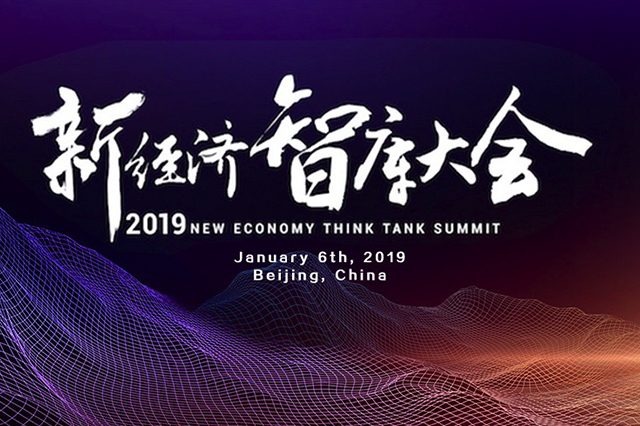
albert Chan
The Coresight Research team was in the room when some of China’s most innovative, tech-focused retailers came together for the fourth New Economy Think Tank Summit by AliResearch, the research arm of Alibaba. The Speakers included Min Wanli, Chief Machine Intelligent Scientist, Alibaba; Chen Weiru, Executive Director of Alibaba Industrial Internet Center; Liu Song, Vice President, Alibaba Group; Gao Hongbing, Vice President, Alibaba Group, Director of AliResearch; Steven Zhang, Vice President of Alibaba DingTalk; Ma Mingjie, Director General of Research Department of Innovation, The State Council Development Research Center; and, Michael Irwin Jordan, Professor at the University of California, Berkeley and Chair of Ant Financial Scientific Advisory Board.
1. Intelligent Technology: From IoT to AIoT
Min Wanli, Chief Machine Intelligent Scientist for Alibaba Cloud, put forward the opinion that AI is not “technology” or any of the fancy words being bantered about when talking about AI such as the IoT, 5G, VR and blockchain. Instead, AI is about decoding the process of human perception to make machines think more like people — and be able to do more in the commercial space to add value.
One example is Alibaba’s experiment to “teach the production line how to think,” using AI to find improvements in the production line. The result? The company improved the efficiency of one coal-burning boiler 2.6% using holography data analysis and AI process optimization. That may not seem a lot, but it means saving over a million tons of coal a year.
Another example is using AI in agriculture. In one experiment, various intelligence technologies such as OCR, yoloV3, GoogleNet, FCN, ASR, NLU, MIF, ElasticNet were used on a pig farm to analyze every step, every detail of every individual pig’s mating, pregnancy, birth, growth and death. The information they learned helped reduce mortality 3% annually.
2. Speeding Up the Product Development Cycle
AI is also helping companies with new product development. The Tmall Innovation Center teamed up with Mars to create a new, spicy candy bar based on Alibaba consumer data that showed many Chinese consumers prefer spicy flavors. Alibaba then used an intelligent feedback system to find the target consumers who like spicy flavors, create simulation models, organize trials, receive feedback and improve pilot products.
The traditional R&D center needs an average of 18 months to create and launch a new product. Alibaba says its intelligent systems can cut that to just six months. Tmall Innovation Center has already worked with over 600 brands in 15 industries to develop similar products.
3. Intelligent Economy: From Carbon-Based Ecosystem to Silicon-Based Ecosystem
Quoting from The Rainforest: The Secret to Building the Next Silicon Valley, Gao Hongbing, Vice President of Alibaba Group and Director of AliResearch, said the business world today is transforming from “a carbon-based ecosystem” to “a silicon-based ecosystem” in which intelligent technologies such as AI, machine learning and the IoT will be married into various business forms and generate an intelligent economy.
Closing with a dose of reality, Michael Irwin Jordan, Professor at the University of California, Berkeley, researcher in machine learning, statistics, and AI, and Chair of Ant Financial Scientific Advisory Board, offered this perspective: “The world will be redefined by data and algorithms.”
Does that mean machines will be smarter than humans? Jordan doesn’t think so: It is more like a comparison between a human and a piano. The human needs the piano to play music, but there’s no way the piano can write the music.